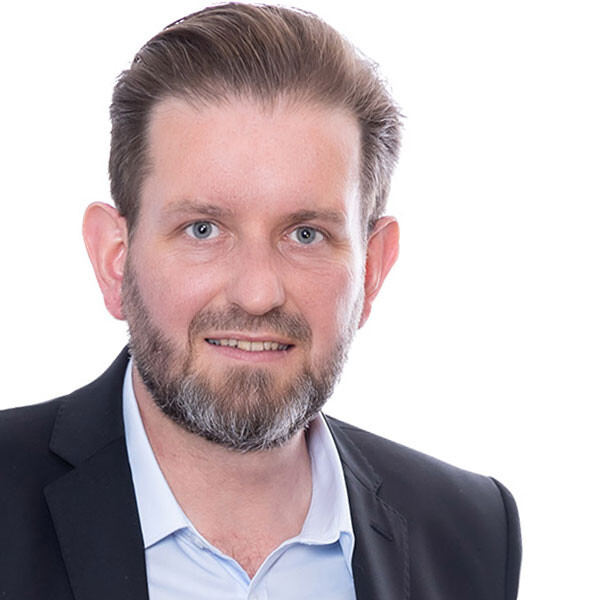German company Odenwald Faserplattenwerk GmbH is making improvements to its production site in Amorbach, Bavaria – by upgrading its exhaust gas cleaning system with a Scheuch CCF plant, the company will benefit from Scheuch's extensive expertise and experience as a technology leader. This underlines the pioneering role that the innovative, long-standing company – whose OWA brand is synonymous with high-quality ceiling systems all over the world – plays in the field of environmental technology.
In this context, CCF stands for Ceramic Catalytic Filtration. This term refers to the component at the heart of the new filter plant – the catalytic hot-gas filter featuring tried-and-tested emc technology (Energy Minimizing Concept). The catalytically activated ceramic candles ensure optimum dedusting and denitrification. The special type of construction used for the filter allows individual filter chambers to be maintained while the plant is in operation and also enables an extremely compact design.
Exhaust gases are first taken from the melting tank and cooled to a temperature of approx. 400 degrees Celsius in a crude gas pipe. This corresponds to the optimum operating temperature for the catalytic hot-gas filter. Dry sorption is carried out using hydrated lime in order to separate any pollutants. Heat extraction on the clean-gas side allows the recovered energy to be used in the factory and also increases the effectiveness of the filter plant.
Two hot-gas fans guarantee availability at all times and provide the necessary hydraulic power.
The technical specifications are well below the maximum thresholds stipulated by existing requirements, giving the company a head start if more stringent limits are introduced in the future.
emc technology
The unique Scheuch emc technology combines the advantages of both online and offline operating modes. In this way, Scheuch is setting new standards in pressure loss, cleaning pressure, bag service life and bag length.
Advantages of superior technology:
- Significantly improved bag service life at low filter differential pressures thanks to efficient and gentle cleaning and reduced cleaning frequency.
- Low compressed air consumption as the filter bag is cleaned in zero-flow conditions.
- Positive impact on upstream processes as well as on product quality as fluctuations in the filter differential pressure are reduced.
- Minimum noise levels thanks to low cleaning pressure.
- Maximum availability thanks to modules that can be shut off individually on the clean-gas side if the bag becomes damaged.
Minimal lifecycle costs due to reduced follow-up costs.

